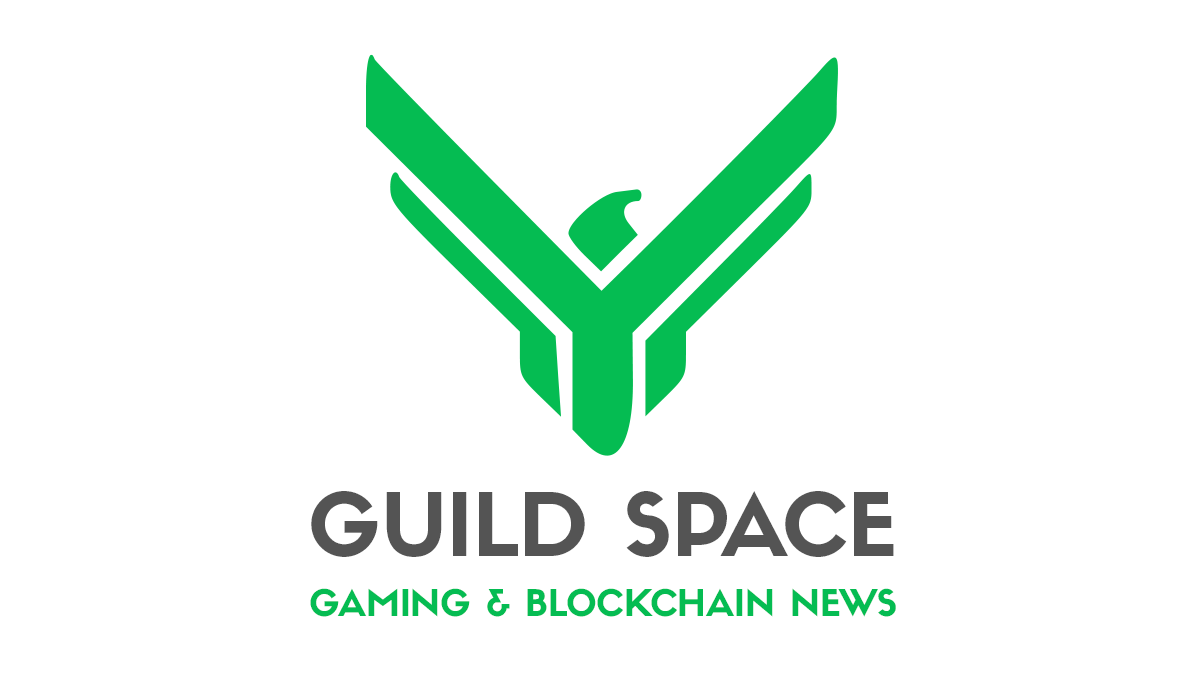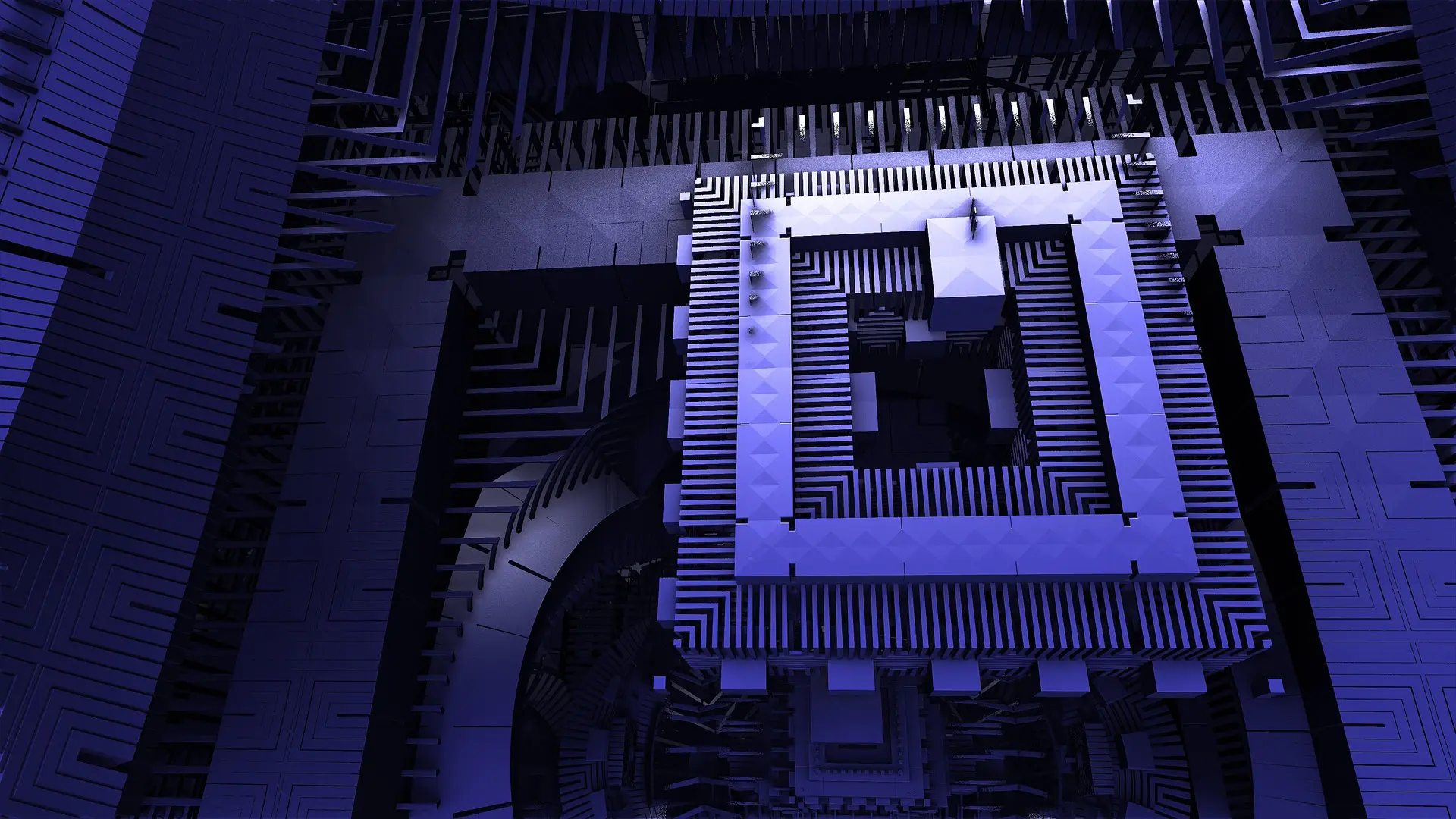Quantum Blockchain: Theory, Principles of Operation, and Development Prospects


Introduction
Blockchain technology has become one of the most innovative and promising directions in the field of information technology in recent years. Blockchain provides the ability to create decentralized and reliable systems for processing and storing information. However, with the development of quantum computers, there is a risk of vulnerability of the classical blockchain. In this regard, the idea of a quantum blockchain emerges, promising a higher level of security and performance. In this article, we will discuss the theory, principles of operation, and development prospects of the quantum blockchain.
Quantum Blockchain Theory
The quantum blockchain is a decentralized system for processing and storing information that uses the principles of quantum mechanics to ensure security and high performance. It is based on quantum bits (qubits), which can be in a state of superposition, simultaneously representing both 0 and 1. This allows the quantum blockchain to process information faster and more efficiently than a classical blockchain.
Quantum Blockchain Principles of Operation
The quantum blockchain is based on quantum cryptography, which ensures a high degree of security for data transmission and storage. One of the key elements of quantum cryptography is quantum key distribution (QKD), which guarantees the security of information exchange between network participants.
In a quantum blockchain, transactions are processed and confirmed using quantum algorithms, such as Shor’s algorithm and Grover’s algorithm. These algorithms allow solving problems that are computationally complex or unsolvable for classical computers, providing higher performance and security for the quantum blockchain.
Development Prospects of Quantum Blockchain
The quantum blockchain has great potential for use in various industries, such as finance, healthcare, logistics, and even voting. Here are some opportunities that the quantum blockchain may offer:
- Higher security level: Thanks to quantum cryptography and QKD, the quantum blockchain provides data transmission and storage security at a level unattainable for classical blockchain.
- Accelerated transactions: Quantum algorithms allow for faster and more efficient transaction processing, reducing processing time and simplifying network scaling.
- Integration with quantum computers: As quantum computers develop, the quantum blockchain will be able to interact with them, opening up new possibilities for creating powerful and reliable applications.
- Application in regulation and control: The quantum blockchain can be used to create decentralized control and regulatory systems that are reliable and transparent for all participants.
However, it should be noted that the development of the quantum blockchain is at an early stage, and there are many technical and theoretical problems that need to be solved. It is also important to consider that the development of quantum computers may take longer than expected.
Conclusion
The quantum blockchain represents a promising direction in the field of information technology that can provide a high level of security and performance. Despite the technical challenges and uncertainty in the development of quantum computers, the quantum blockchain remains an interesting subject of research and a potential tool for many industries. In the future, the quantum blockchain may become a key factor in the development of decentralized systems and lead to the emergence of new innovative solutions in various fields of activity.
Recent Posts
How to Manage an Online Community: Best Practices for Success
In today's digital age, online communities have become a pivotal aspect of brand building, marketing, and fostering user engagement. Proper…
The Future Smart Home: Automation, Energy Efficiency & Next-gen Technologies
Automation, Energy Efficiency, and Cutting-edge Technologies in Domestic Management. 1. Introduction In today's world, technology continues to become more integrated…
Building an Online Community: A Step-by-Step Guide
In today's digital age, online communities have become hubs for knowledge exchange, shared interests, and camaraderie. If you're thinking of…
Blockchain’s Revolution in Real Estate: Ushering in Transparency
Blockchain, originally known as the backbone technology of cryptocurrencies, holds potential far beyond the financial sector. One such area where…
Leveraging Graph Databases for Complex Data Structure Analysis: An Overview of Benefits and Application Methods
The contemporary data landscape is ever-expanding and becoming more intricate, and conventional analysis tools and methods often fall short in…
Leveraging Quantum Computers in Scientific Research: A Revolution in the World of Science
The emergence of the first working prototypes of quantum computers signaled a new era of scientific exploration. With a fundamentally…